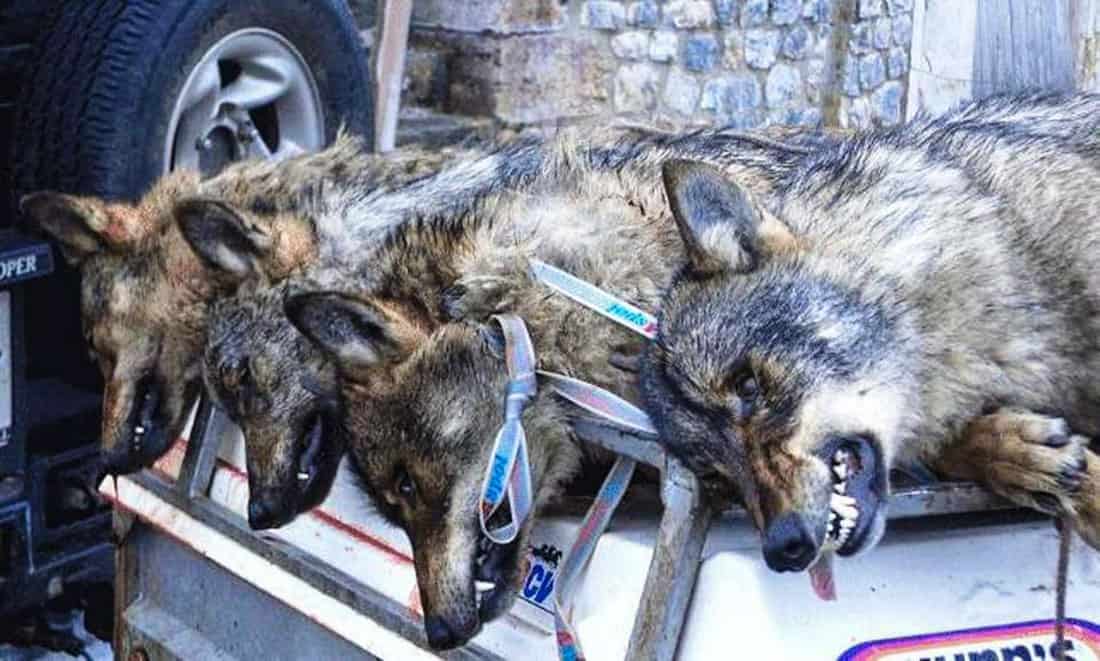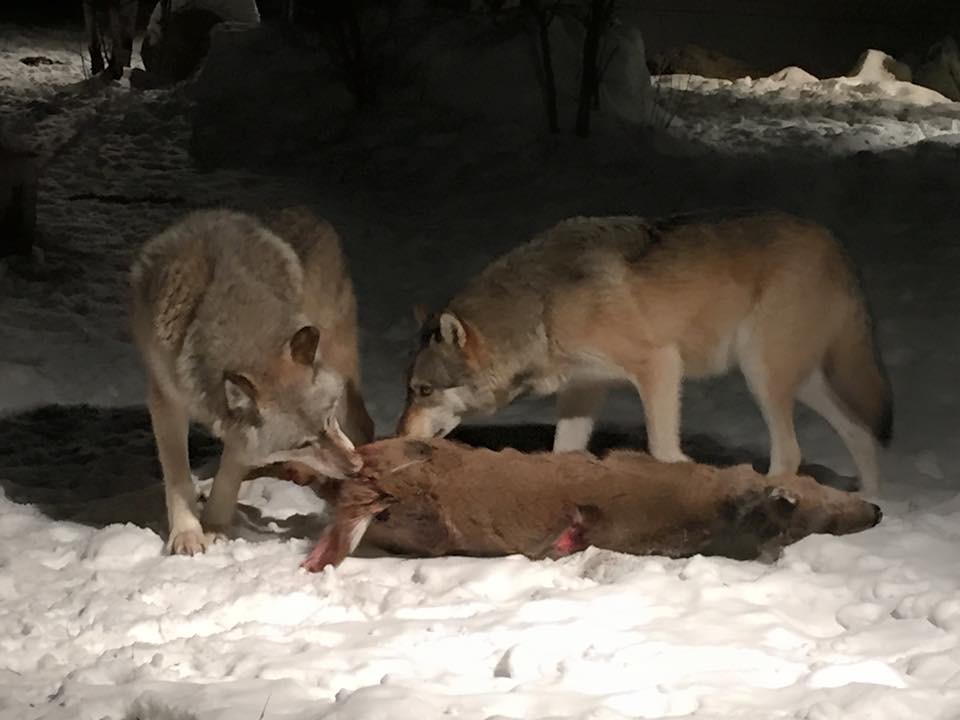Wolves are an essential part of the European ecosystem and food chain. After the ban on hunting wolves, there is again permission to kill them. European countries, including Norway, Sweden, and Slovakia, are increasing quotas for hunting for these canines.
Wolf Hunting European Quotas
Estonia has allowed killing half of the wolf population during this winter. The Baltic country shocked the public by allowing 50% of wolves to be killed. The official view is to prevent damage to livestock and pets. According to official statistics, about 200 wolves killed almost 500 sheep, several calves, and dogs in Estonia. 127 wolves were killed f2018 to 2019 in Estonia.

Estonia’s decision leads Sweden to take similar steps. In the past, killing wolves was banned due to pressure from activists. However, pressure from agricultural organizations has been growing since the wolf population began to grow. The government argues that regulated wolf hunting is desirable to achieve good conservation status.
In 2019, more than 60,000 citizens of Slovakia signed a petition calling for a total ban. Despite the defense of Slovak state and non-governmental organizations, which have significant public support, the Ministry of Agriculture increased last year’s quota by 35 individuals. Slovak hunters can kill up to 50 wolves between November 1 and January 15.
Why Not Kill Wolves
According to data from recent years, shooting wolves does not reduce the loss of livestock. Analyzes show that the most significant damage caused by wolves to livestock was highest at the time when the number of wolves killed was highest.

The wolf plays an essential role in reducing damage to agricultural and forestry crops. The damage caused by deer and wild boars to agricultural and forestry crops is twenty times greater than the damage caused by wolves to livestock. Also, scientific studies show that wolves help prevent the spread of diseases such as African swine fever.
Exclusion of individuals from the population is possible only after effective monitoring of the people, carried out throughout Slovakia. Such monitoring has not yet been carried out and submitted to the European Commission.
Source: wilderness-society.org
Featured Image by Gunnar Ries/wilderness-society.org




